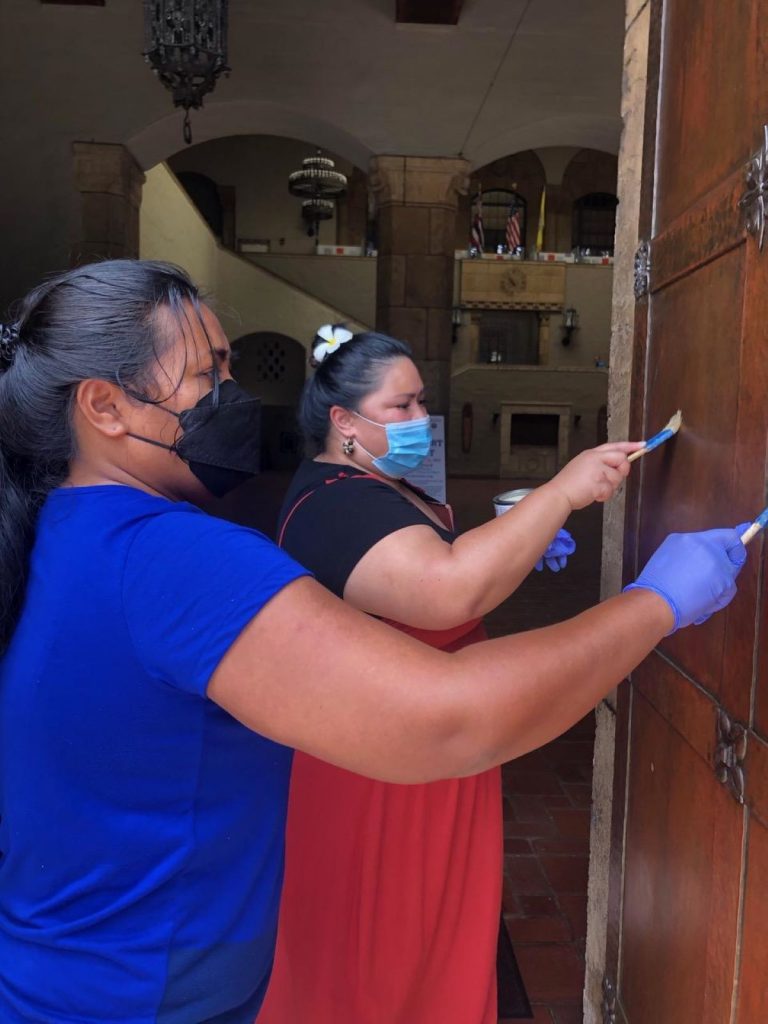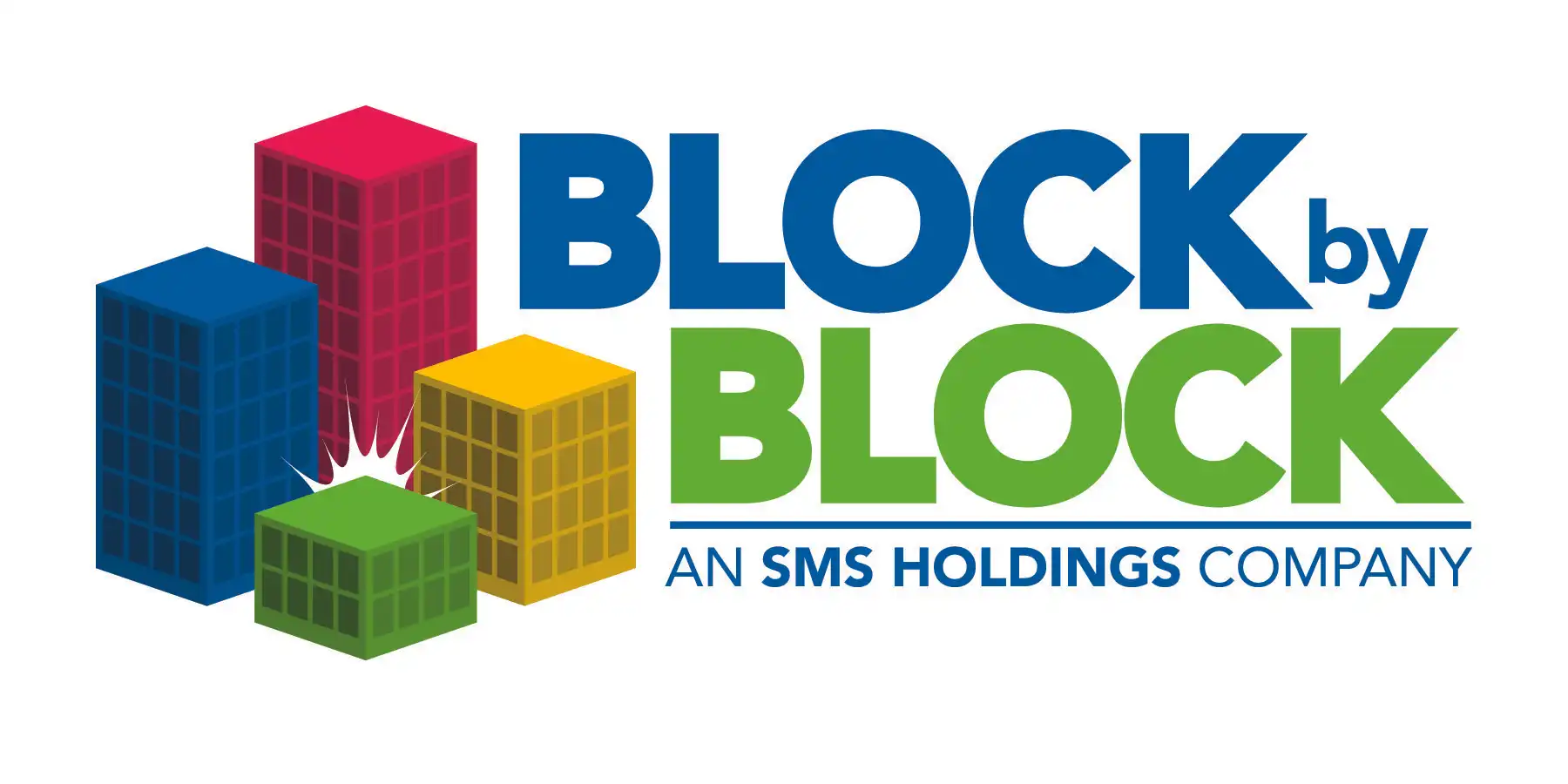UH: Indigenous Museum Professionals Train at Oʻahu Landmarks

The inaugural four-week cohort of a new institute aimed at training Native Hawaiian and Pacific Islanders who work in museums and cultural heritage centers is underway.
Hosted by the Department of American Studies at the University of Hawai‘i at Mānoa and the East-West Center, the Weaving a Net(work) of Care for Oceanic Collections: A Native Hawaiian and Pacific Islander Museum Summer Institute focuses on museum management, exhibition development and collections care for institutions, professionals and communities that care for oceanic collections.
Launched on July 4, the summer institute includes people from Hawaiʻi and around the Pacific — including from Saipan, American Samoa and the Marshall Islands — participating in various educational tours and workshops on Oʻahu such as preservation management, archival storage, gallery deinstall, disaster planning.
The workshops are being led by some of the state’s top curators at Bishop Museum, ʻIolani Palace, Hawaiian Mission Houses Historic Site and Archives, UH-Mānoa’s Hamilton Library and Preservation Department and the East-West Center.



Pamela Alconcel is soaking in every ounce of critical ʻike she can to take back to her home island. The Lānaʻi native mentors youth at the Lānai Culture and Heritage Center, where she helps keiki explore the rich history and significant sites of the island.
“To be able to collaborate and learn from others from the Pacific region, the expertise of those from the museum studies program and museum personnel, has been maikaʻi loa,” Alconcel, who has also worked for the UH-Maui College Lānaʻi Education Center for the past 18 years, said in a UH press release.
On Wednesday, July 27, cohort members will participate in a hands-on disaster preparation and salvage workshop from 9 a.m.-noon at the East-West Center to learn what to do for their museum collections when disaster strikes.
“Within the Pacific region, just in the last 10 years (including the COVID-19 crisis), major federal disasters have been declared 24 times,” Noelle Kahanu, a project manager at the institute, said in the press release. “Millions of ethnographic and archaeological artifacts, art and material culture, archival documents, photographs, sound recordings and moving images are vulnerable.”
On Sunday, July 31, participants will also install a collective exhibit at the East-West Center gallery to showcase objects they hand-carried from their home communities.
The institute was made possible by a $350,000 grant from the National Endowment for the Humanities in 2021 and a partnership between UH-Mānoa and the East-West Center. Because of the COVID-19 pandemic, the in-person museum institute was postponed and re-envisioned to include a six-month virtual program that began Jan. 24 and concludes with the in-person portion this summer.
“This project has exceeded our wildest expectations,” Kahanu said in the press release. “We were inspired by an (East-West Center) museum institute that occured in the early ’70s, and the National Endowment for the Humanities supported our reinvisioned concept. We wanted to move beyond Western best practices and bring in museum experts and cultural leaders who could share their Indigenous perspectives. We wanted to demonstrate how you could care for your collections without a $1,000 vacuum cleaner or how to repair torn documents and maps.”
More than a dozen participants from throughout the Pacific received six months of hands-on training in ethnomusicology, museology and archives management.








